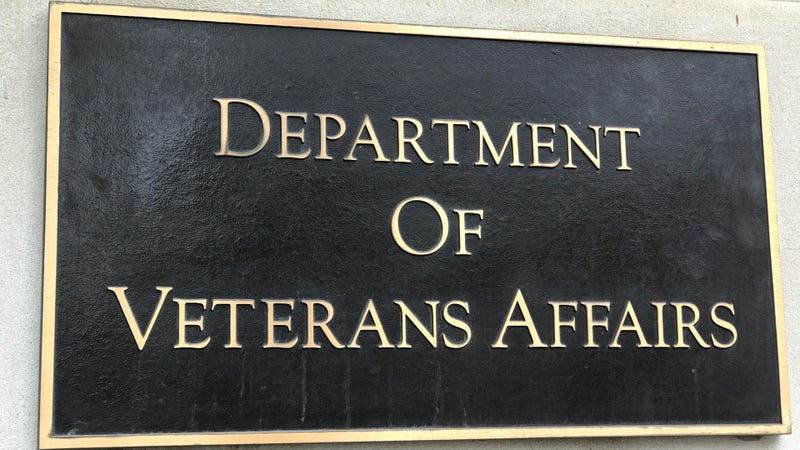
The Department of Veterans Affairs says it will phase out medical treatments for gender dysphoria.
As a result of the move, the VA will not offer cross-sex hormone therapy to veterans who have a current diagnosis or history of, or exhibit symptoms consistent with gender dysphoria, unless they are already receiving such care from VA; or were receiving such care from the military as part of and upon their separation from military service and they are eligible for VA health care.
According to a release, veterans who do not meet those criteria are not eligible for cross-sex hormone therapy through VA health care and VA will not provide any other medical or surgical therapy for gender dysphoria to any patients in any circumstance.
“I mean no disrespect to anyone, but VA should not be focused on helping veterans attempt to change their sex. The vast majority of veterans and Americans agree, and that is why this is the right decision,” said VA Secretary Doug Collins. “All eligible veterans – including trans-identified veterans – will always be welcome at VA and will always receive the benefits and services they’ve earned under the law.
"But if veterans want to attempt to change their sex, they can do so on their own dime.”
Although VA has never offered sex-change surgeries, it has been providing treatment for gender dysphoria for more than a decade. VA has not kept consistent and reliable records regarding the total number of veterans who have undergone the procedure, the total amount of money spent on them or the total number of employees involved.
Veterans Health Administration estimates indicate that less than one-tenth of one percent of the 9.1 million veterans enrolled in VA health care are trans-identified.
Until recently, VA had been covering an array of services designed to help veterans who wish to change their sex, including cross-sex hormone therapy; voice and communication training; gender-affirming prosthetics, including breast forms, chest binders, dilator sets for post-vaginoplasty, packers, surgical compression vests, and wigs.
VA had also been providing letters of support encouraging non-VA providers to perform sex-change surgeries on veterans. Those services have now been rescinded.
VA claimed that the savings they will achieve by stopping specific medical treatments for gender dysphoria will be redirected to help severely injured VA beneficiaries — such as paralyzed veterans and amputees — regain their independence.
VA said the policy change, announced Monday, is in response to President Donald Trump’s Defending Women Executive Order, which states, “It is the policy of the United States to recognize two sexes, male and female. These sexes are not changeable and are grounded in fundamental and incontrovertible reality.”
Eligible veterans diagnosed with gender dysphoria or identifying as trans will continue to receive comprehensive VA health care, which includes preventive and mental health care, the department said. The announcement does not affect VA medical care for eligible veterans who identify as lesbian, gay, bisexual and queer.
VA’s LGBTQ+ Veteran Care Coordinator and VISN Lead roles are also not affected by the policy change, as they ensure clinically competent, Veteran-centered, and effective care. VA facilities have also ensured that all intimate spaces, such as bathrooms, locker rooms and patient rooms, are designated by sex (male or female) or unisex for single-person spaces.
Reach Julia LeDoux at Julia@connectingvets.com.
